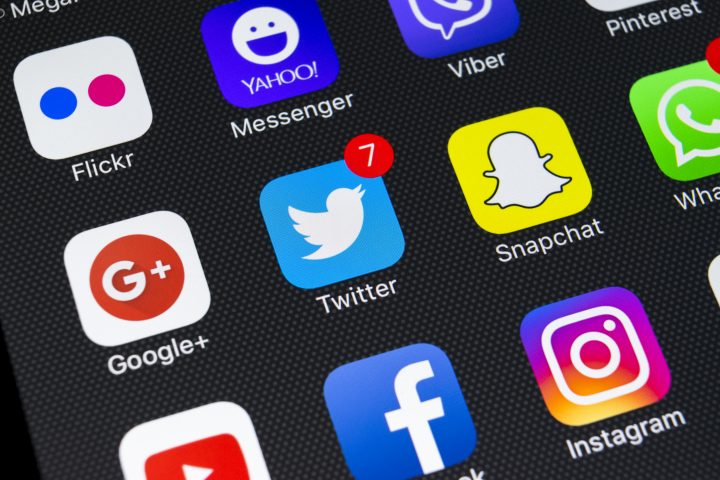Researchers at the University of Waterloo are using social media in an attempt to forecast when we may see future outbreaks of diseases like COVID-19 and measles.

Using simulations, researchers at the school developed a method that uses social media interactions to predict when an outbreak appears likely.
It considers how a series of small incidents, like people espousing anti-vaccine views, would grow to cause a larger, more important change, such as an outbreak of measles.
“It’s looking for signals that indicate a bout of vaccine hesitancy or vaccine refusal might be coming, based on characteristics of how people interact on Twitter,” Waterloo professor Chris Bauch told Global News through email.
He said their “hypothesis is that a bout of vaccine refusal would then lead to an outbreak.”
Bauch, who is the study’s lead researcher, says the method could be used by decision-makers to determine where we are most likely to have an outbreak.
“Once they’ve identified populations that are exhibiting these signals, they can try to build trust and boost vaccine coverage in vaccine-hesitant members of those populations,” he said in a statement.

His team used a simulated social media network to discover early warning signs of disease outbreak, including dissimilar joint counts and mutual information.
“A dissimilar joint count is the number of instances of communication between, for example, pro-vaxxers and anti-vaxxers, which we found tends to increase prior to an outbreak,” said Brendon Phillips, co-author of the study. “Mutual information measures the relationship between someone’s opinion and whether they’re sick or not.
“We used computer simulations to examine how likely it is that someone who is an anti-vaxxer was infected in the past or that they’re susceptible to infection now.”
Bauch says they use sentiment information from tweets to determine someone’s stance on vaccination.
The researchers found that at this stage in its development, the method can show that a disease outbreak is likely but not exactly when it will come as that depends partly on chance events.
- Canadian man dies during Texas Ironman event. His widow wants answers as to why
- ‘Shock and disbelief’ after Manitoba school trustee’s Indigenous comments
- Canadian food banks are on the brink: ‘This is not a sustainable situation’
- Invasive strep: ‘Don’t wait’ to seek care, N.S. woman warns on long road to recovery




Comments